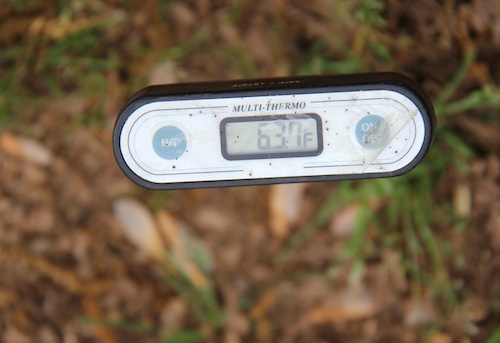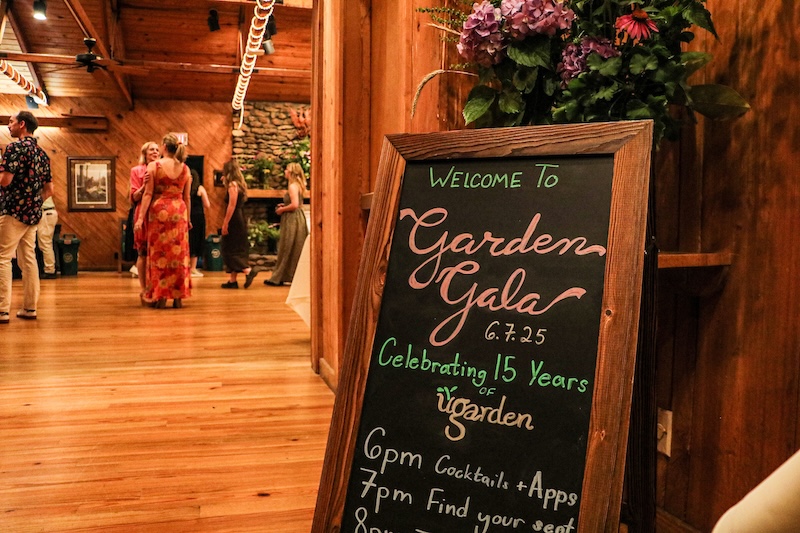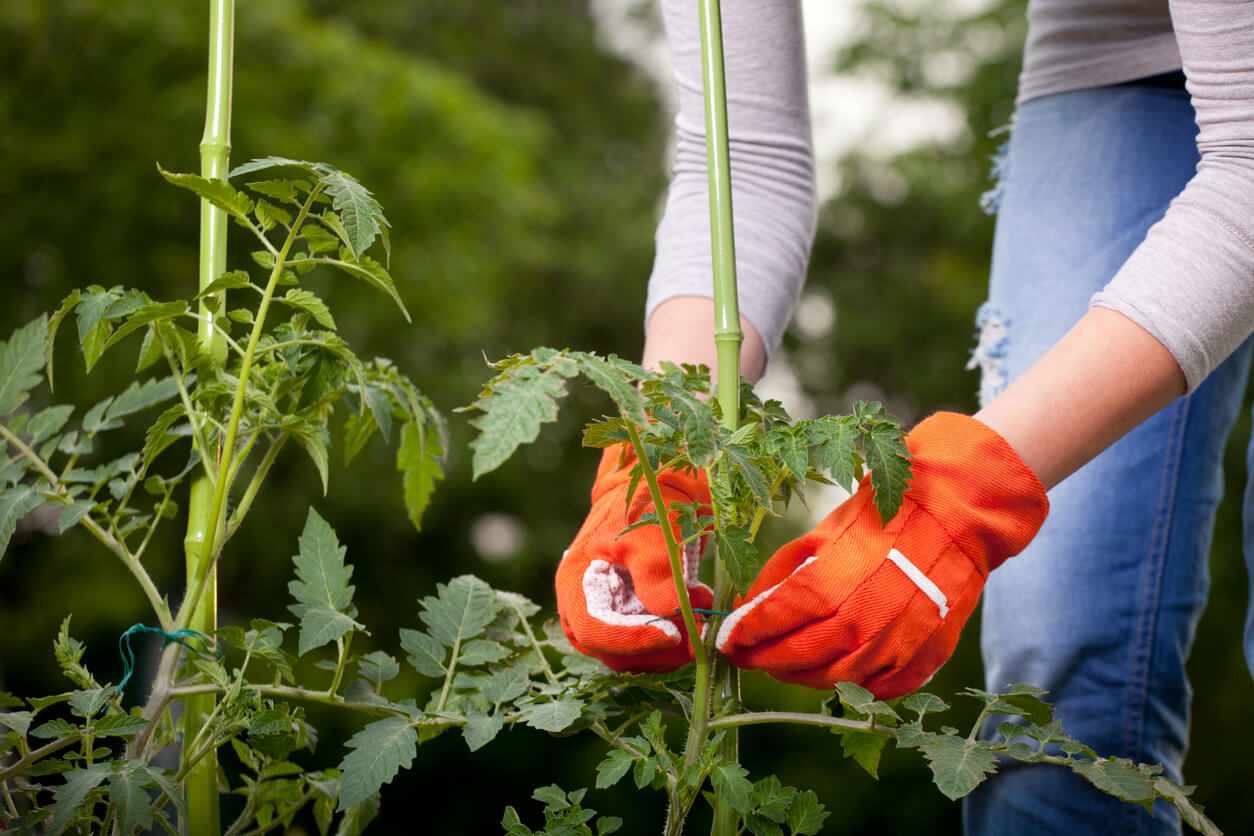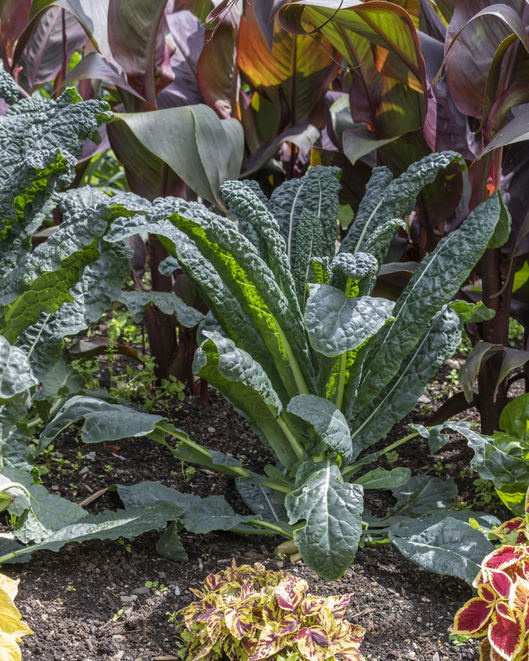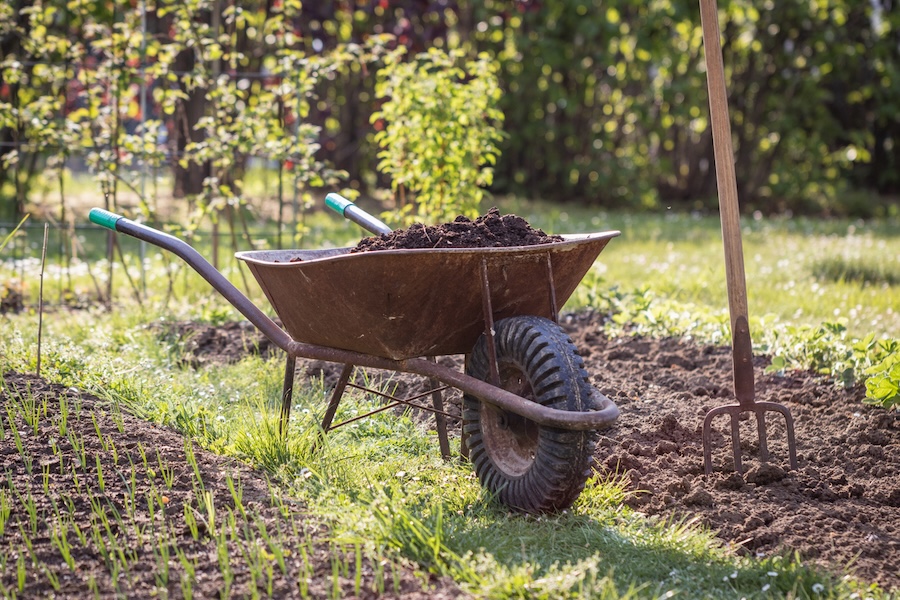Georgia’s recent warm daytime temperatures have home gardeners itching to dig in the soil and plant summer crops. But University of Georgia experts warn gardeners not to be tempted. Soil temperatures are still far too low for seeds to germinate and transplants to survive.
“In Georgia, we may have a warm front come in one day and a cold front a few days later,” said Bob Westerfield, a consumer horticulturist with UGA Cooperative Extension. “It may hit 75 degrees outside, but the air temperature isn’t important when it comes to gardening – the soil temperature is.”
Westerfield has been tracking the soil temperature in his research plots on the UGA campus in Griffin, Ga. Last week, he recorded a soil temperature of 48 degrees.
“That soil’s not ready for tomatoes. Summer crops need from 60 to 65 degrees.” he said.
Green beans can handle temperatures of about 55 degrees, but it is still not quite warm enough for them. If gardeners ignore his advice and seed their gardens, he says the seeds won’t germinate.
Gardeners who cannot resist the temptation can still plant cold season crops like asparagus, beets, broccoli, carrots, cauliflower, collards, kale, lettuce, mustard, onions, peas, potatoes, radish, spinach and turnips.
To track the soil temperatures in your area of the state, Westerfield recommends two different strategies. Buy a soil thermometer or use a meat thermometer to test the soil in your garden plot or rely on UGA’s Georgia Automated Environmental Monitoring Network at www.georgiaweather.net.
Soil temperatures “creep up slowly” and Georgia soils should be ready to sow in seed by early-to-mid April, Westerfield said.
“And don’t be swayed by the vegetable transplants lining the garden center shelves,” he said. “Just because plants are in the stores doesn’t mean it’s time to plant them.”
For more information on vegetable gardening in Georgia, see the UGA Extension publication, “Vegetable Gardening in Georgia” on the Web site www.caes.uga.edu/publications.

